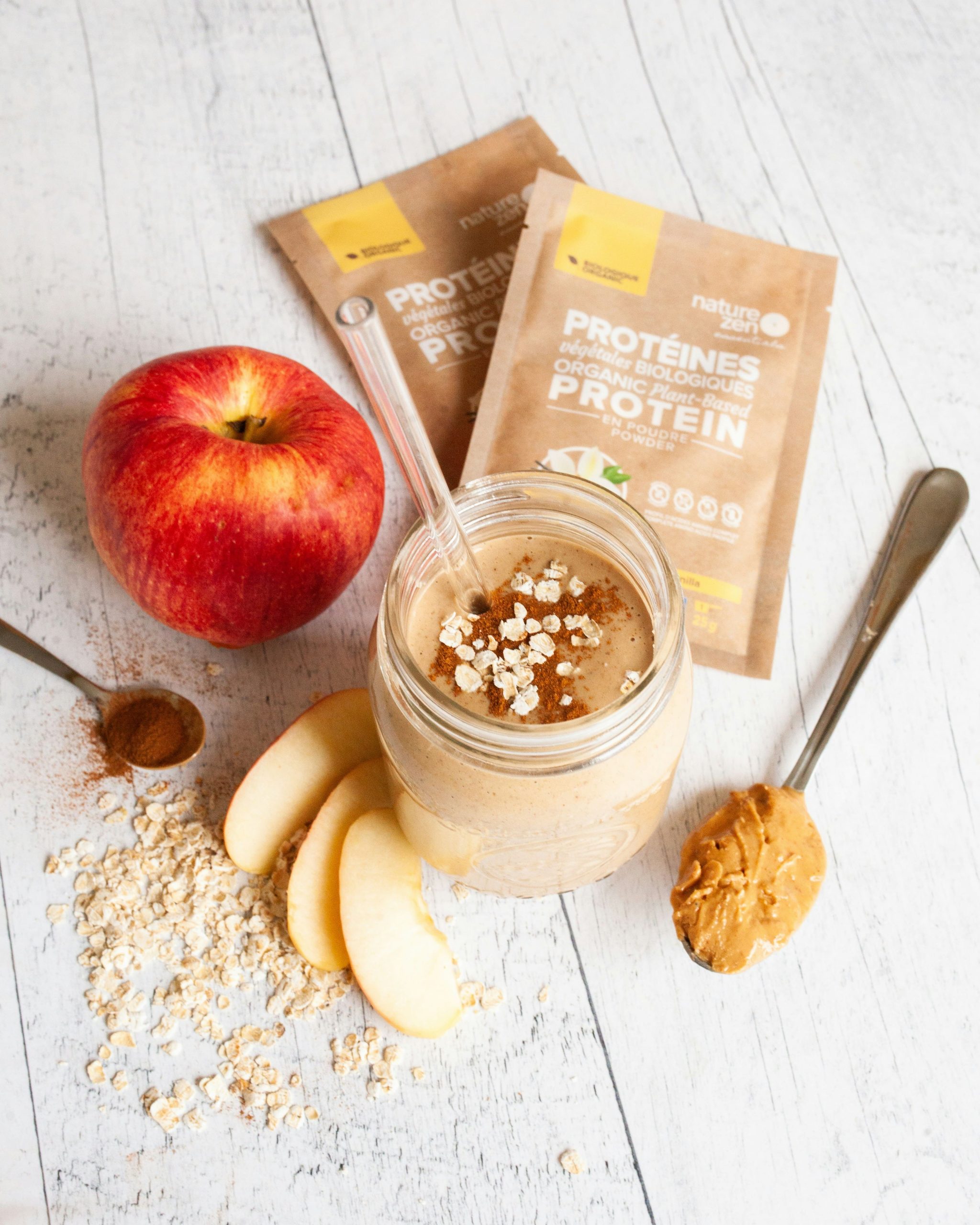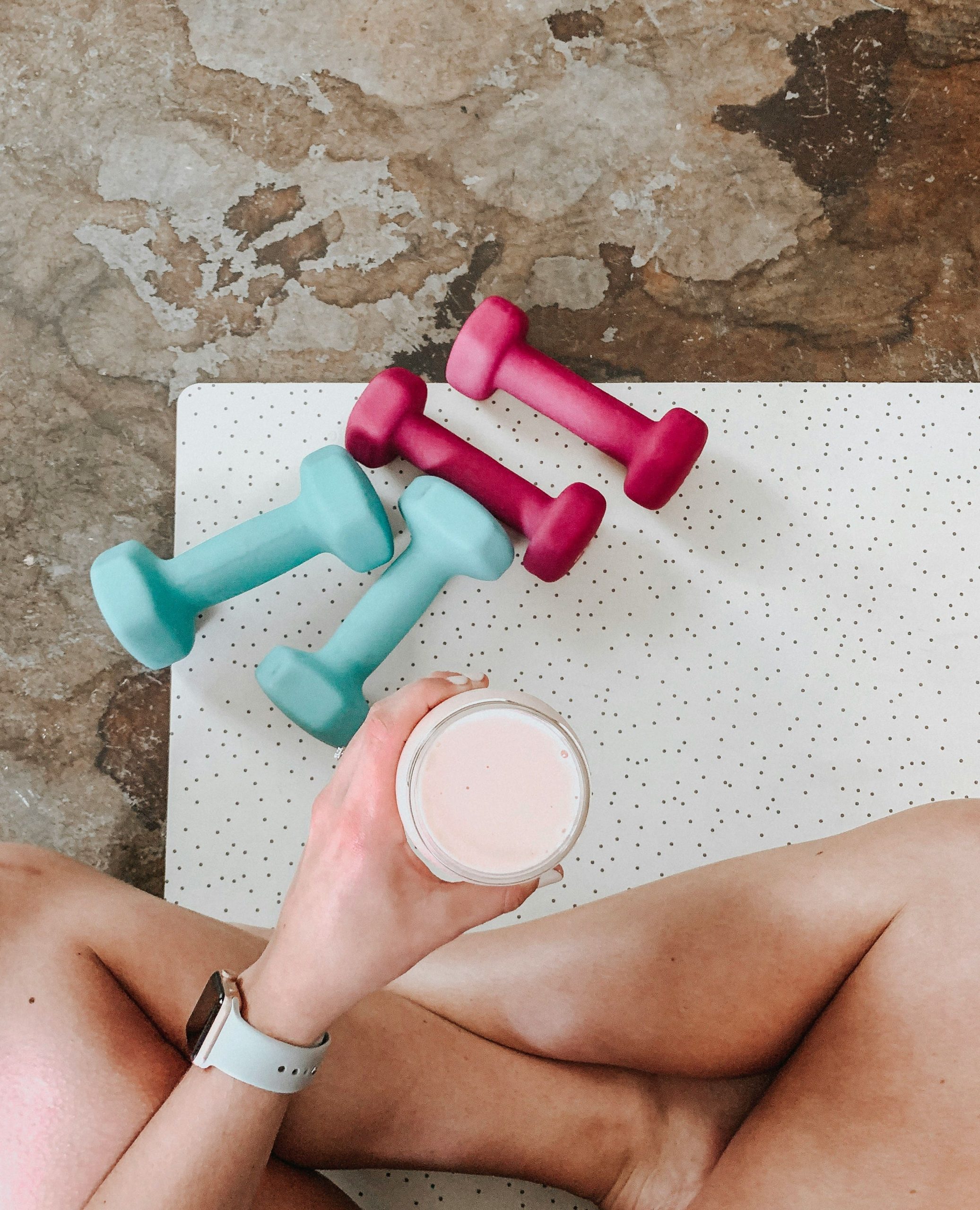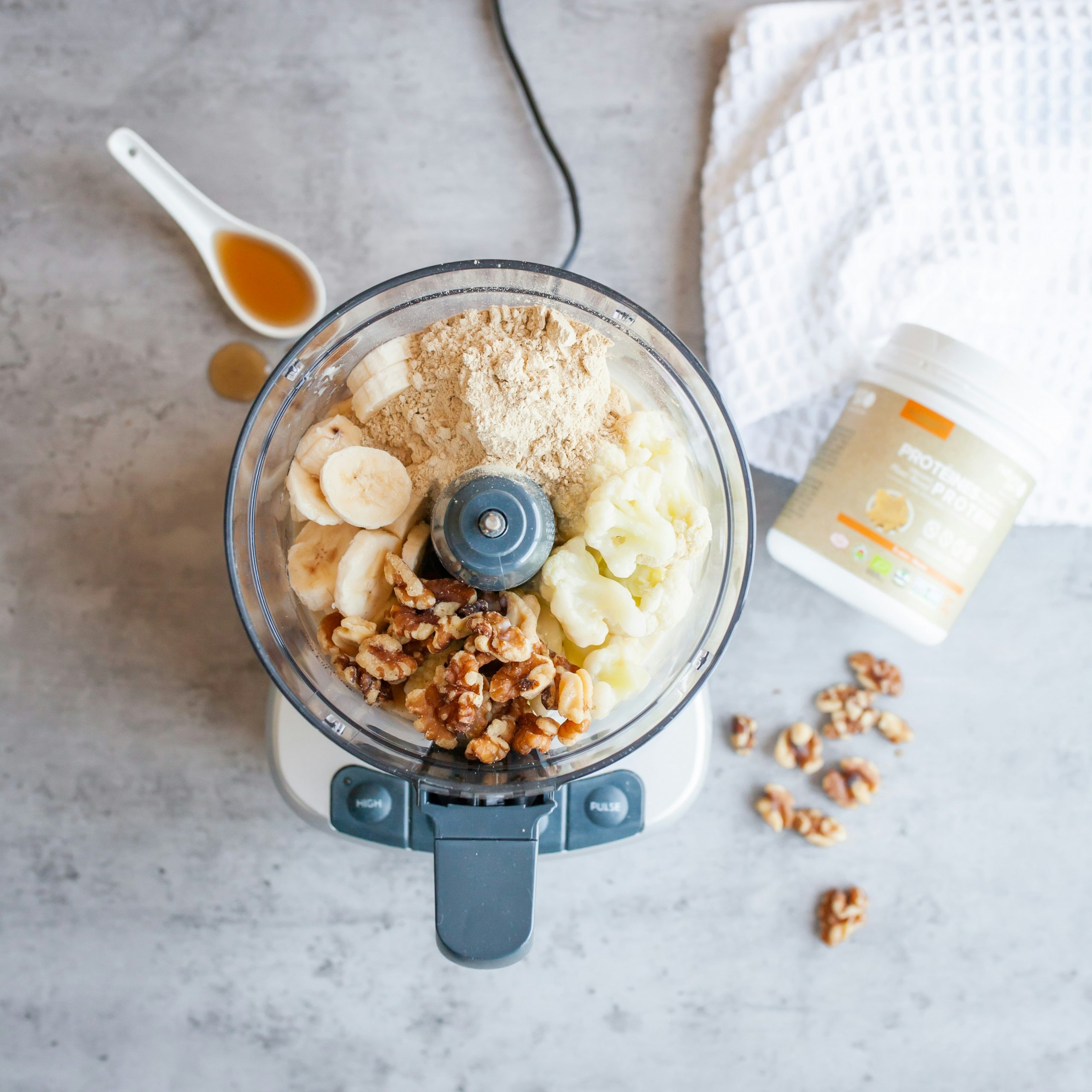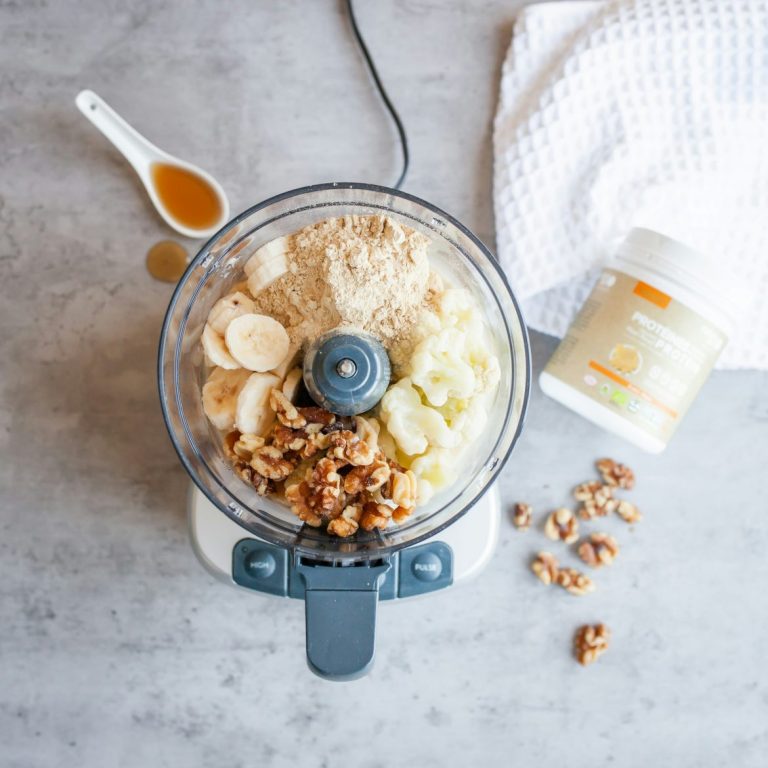Protein shakes have become synonymous with fitness, but what’s the real scoop behind these popular supplements? Are they worth the investment, do you really need to be that person who walks around with a shaker around the gym? Well, the truth is, yes… and no.
If you’re new to fitness or just want to understand the importance of protein in your diet, we’ve got you.
Why you need plenty protein
Protein is essential for repairing and building muscle tissues. When you exercise, especially during strength training or high-intensity workouts, your muscle fibres experience tiny tears. Protein helps repair these tears, promoting muscle growth and recovery. According to Healthline, consuming protein post-workout can enhance muscle repair and growth, making it a crucial component of your fitness regime.
Moreover, protein isn’t just about muscle. It plays a key role in various bodily functions, including enzyme and hormone production, immune response, and cellular repair. So, ensuring you get enough protein is vital not only for your fitness goals but also for overall health.
Protein shakes are an easy way to get protein in. They’re convenient and super easy to prepare. They’re also a lot easier to digest and liquid protein absorbs really quickly, which is beneficial for a post-workout boost. You can also control your portions a lot easier with a shake, which makes it easier to reach your goals – whether it’s to build muscle or gain a bit of weight.

How to choose the right protein shake
Selecting the right protein shake depends on your fitness goals, the intensity of your training, and the type of exercise you engage in.
Goals: If you aim to build muscle, opt for protein shakes with higher protein content and added amino acids. For weight loss, choose low-calorie, high-protein options. There are also shakes designed specifically for meal replacements if you’re on the go.
Training Intensity: Those engaging in heavy weightlifting or endurance sports may require more protein compared to moderate exercisers. High-intensity workouts often necessitate shakes with added BCAAs (Branched-Chain Amino Acids) to support muscle recovery.
Type of Training: Strength training benefits from whey protein due to its quick absorption, while endurance athletes might prefer a blend of protein and carbohydrates for sustained energy. Plant-based proteins like pea or hemp protein are excellent alternatives for those with dairy sensitivities or dietary preferences.
When choosing a protein shake, also consider additional factors like the presence of artificial sweeteners, flavourings, and other additives that might not align with your dietary preferences.
How much protein do you need daily?
The recommended daily intake of protein varies based on activity level and body weight. For the average adult, 0.8 grams of protein per kilogram of body weight is sufficient. However, if you’re exercising regularly, this can increase to 1.2-2.0 grams per kilogram. For instance, a person weighing 70 kg should aim for 84-140 grams of protein per day if they are active.

It’s also important to spread your protein intake throughout the day to maximize muscle protein synthesis. This means including a source of protein in every meal and snack, not just relying on your post-workout shake.
Can you get enough protein from food?
Absolutely! While protein shakes are convenient, you can meet your protein needs through whole foods. Lean meats, dairy products, eggs, and legumes are excellent sources of protein. According to Shape, incorporating a variety of protein-rich foods in your diet can help you achieve your protein goals without relying solely on supplements.
For example, a grilled chicken breast, a cup of Greek yoghurt, or a serving of lentils provides a significant amount of protein. Diversifying your protein sources also ensures you get a range of other vital nutrients.

Vegan food options with plenty of protein
For those following a plant-based diet, there are plenty of vegan options rich in protein:
Lentils: Packed with protein and fibre, lentils are great in soups, salads, and stews.
Chickpeas: Versatile and protein-rich, chickpeas can be used in hummus, salads, and curries.
Quinoa: A complete protein, quinoa is perfect as a side dish or salad base.
Tofu and Tempeh: These soy products are excellent for stir-fries, sandwiches, and more.
Nuts and Seeds: Almonds, chia seeds, and pumpkin seeds are nutritious snacks or toppings for various dishes.
Edamame: Young soybeans that are perfect as a snack or in salads and stir-fries.
Spirulina: A blue-green algae that’s high in protein and can be added to smoothies and juices.
ALSO SEE: GREEN POWDER SUPPLEMENTS: DOES IT WORK AND ARE THEY WORTH THE MONEY?
Green powder supplements: Does it work and are they worth the money?
Feature image: Pexels
Article originally written by Jade McGee for Woman&Home.

